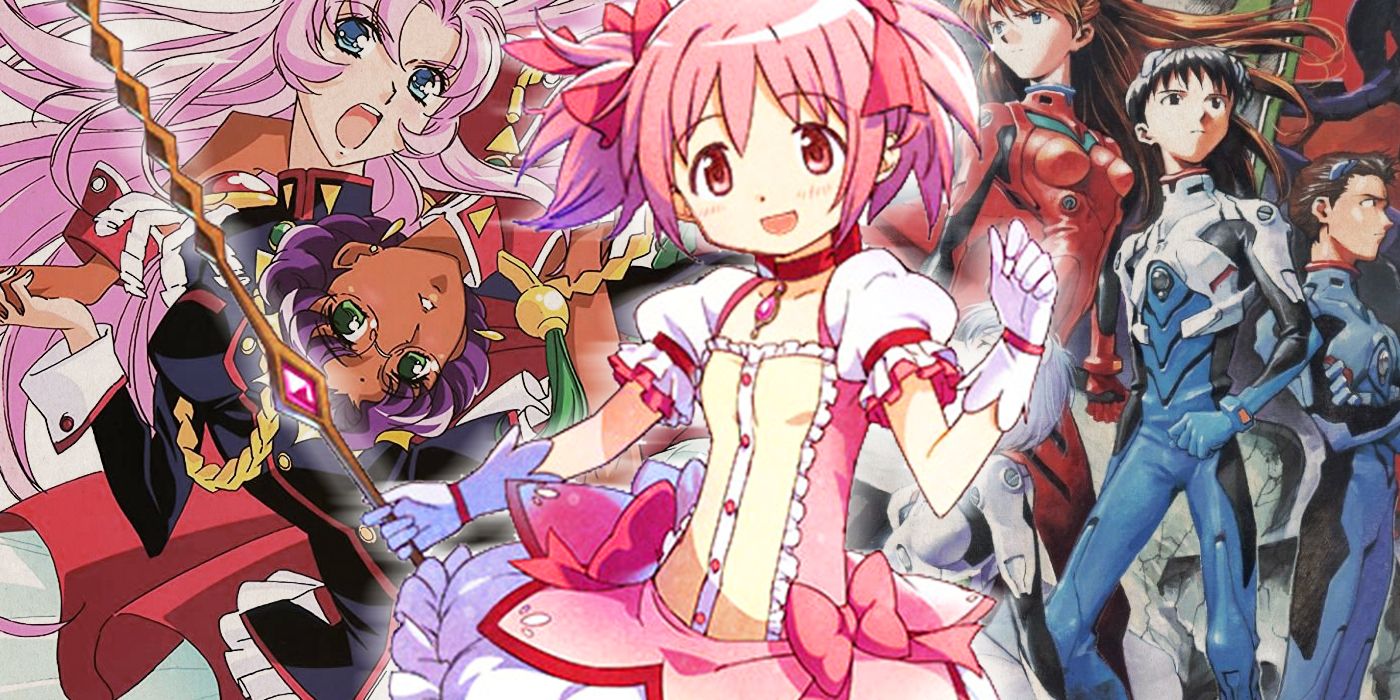
For every formula anime has popularized, there are those that the medium has deconstructed. A deconstruction takes the typical tropes of a genre and breaks them down. Usually, this means taking popular tropes to their logical extremes or subverting expectations to a nightmarish effect. Would a child piloting a gigantic robot experience trauma? What if the magical girl power-up is a little more insidious? In a sense, this is similar to what parodies do, but deconstructions often employ the tactics for drama rather than humor.
While not every anime deconstruction works, some of the more extreme cases have become established classics. These five might be the best of the lot.
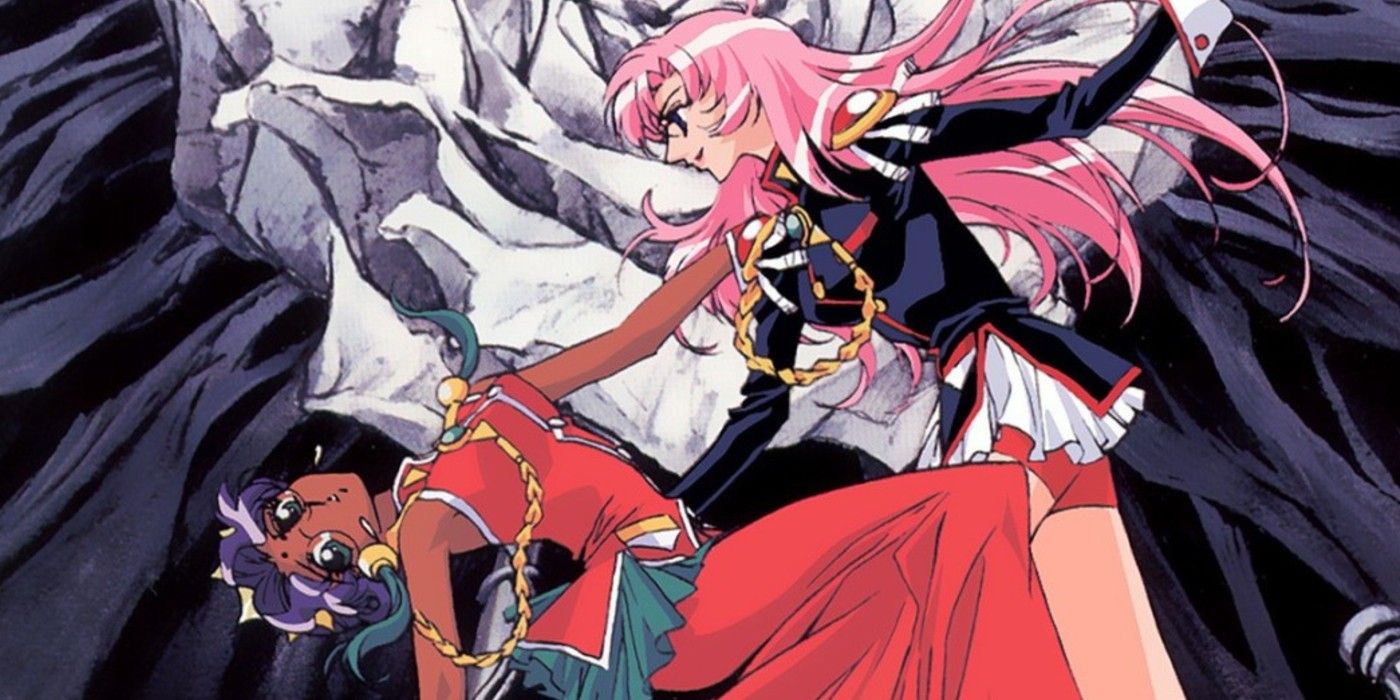
Revolutionary Girl Utena is a brilliant shojo anime about the pain systems inflict upon those who conform or reject conformity. Utena is a girl who wishes to be a prince. After stumbling onto a secret school tournament where the council president engages in sword duels to "win" the Rose Bride Anthy, Utena starts fighting an entire school to protect Anthy from the hand fate dealt her.
If that plot synopsis sounds slightly problematic, that's because it deliberately is. Utena takes tons of problematic anime tropes and plays them horrifically straight. The series subverts our expectations for fairy tale stories. At the same time, Utena is also one of the best queer anime of the 90s, showcasing some surprisingly heartbreaking relationships between characters of all genders. As a warning, some of Utena's sexual relationships are very toxic and nonconsensual. After all, how consensual can any relationship be when people are "won" through duels?
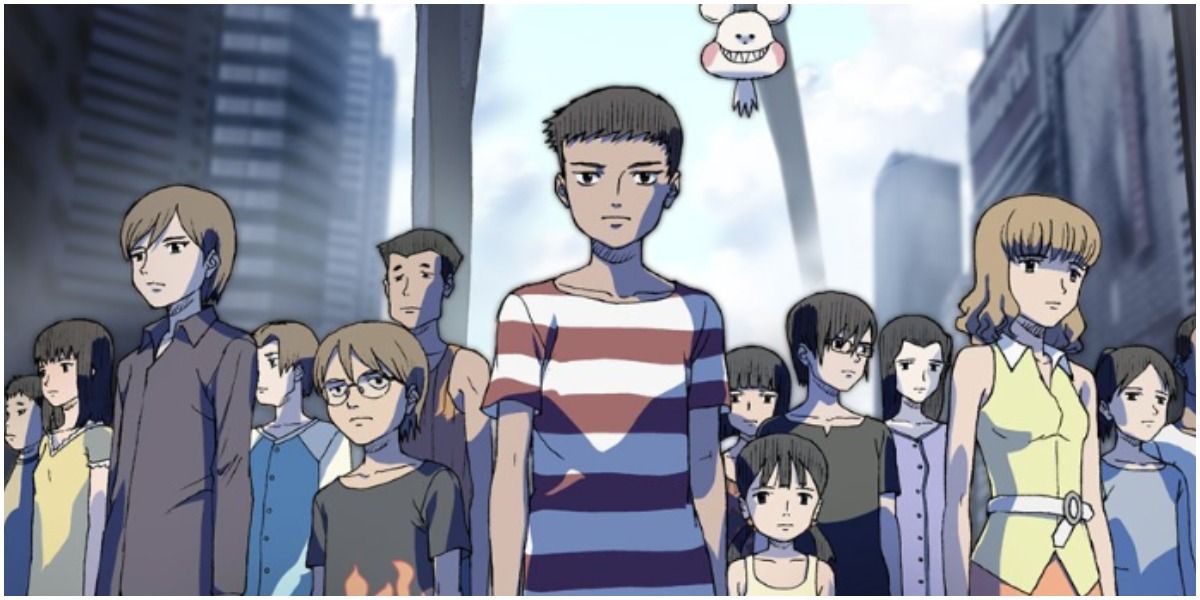
Tournament anime and giant robot anime are two of the core tenants of the medium. Bokurano mercilessly rips both of these concepts to shreds in a cruel, violent fashion. The series centers on a group of middle school students tasked with piloting a gigantic robot to defeat other giant robots in an enigmatic, inter-dimensional tournament. At the end of every fight, the universe the defeated party belongs to is erased into nothing, resulting in a vacant space of nothingness where once resided an entire reality with trillions. Strangely enough, the plot is surprisingly reminiscent of Dragon Ball Super's Tournament of Power arc.
The moral dilemma of whether it's right to eradicate trillions in the pursuit to save your trillions is front and center as the trauma of this horrific situation overwhelms our protagonists. Bokurano is based on a manga by Mohiro Kito, who also created the cute monster anime deconstruction Shadow Star. However, while Shadow Star is more shocking than profound, Bokurano's horror is far more existential and impactful. Hiroyuki Morita, the anime's director, is more well-known for his Ghibli film The Cat Returns than this profoundly unsettling work of fiction.
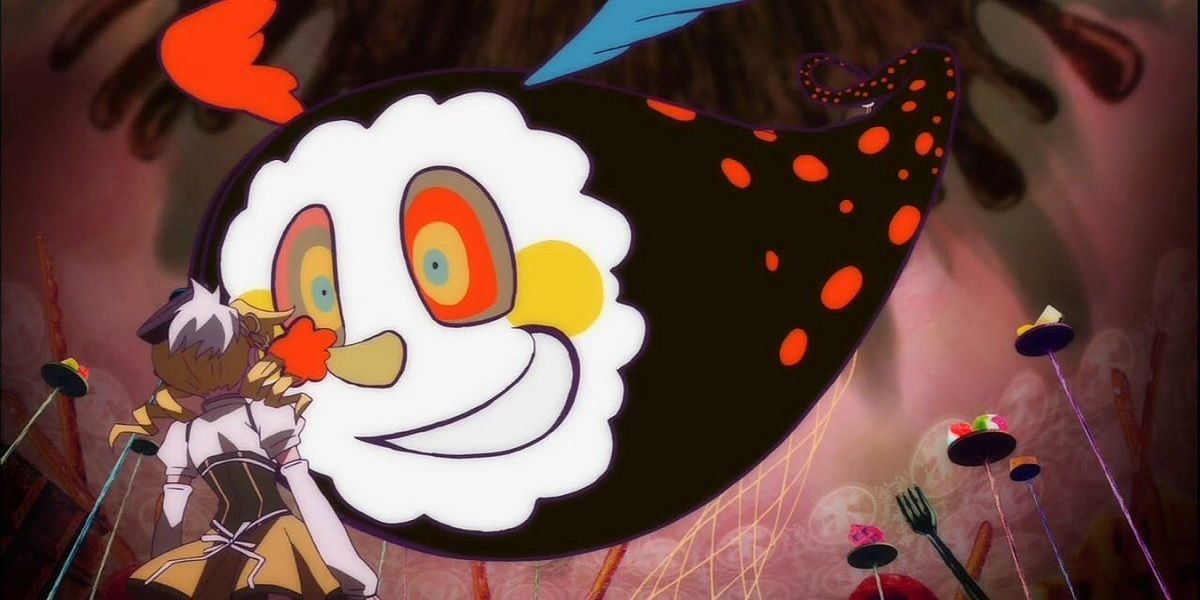
What if Sailor Moon crossed over with Goethe's Faust? You'd get Puella Magi Madoka Magica, a story where young girls trade their souls to an alien entity named Kyubey to fight off Witches in a vaguely defined attempt to stave off the heat death of the universe. What looks at first like a cute magical girl series ultimately turns into a cosmic horror story.
Sailor Moon and other magical girl anime have introduced dark subject matter before, but Madoka takes the formula established by them and mixes it with the idea of child soldiers. There have been other magical girl deconstructions before and since -- with Magical Girls Spec-Ops Asuka being a memorable example -- but few feel as traumatic and disturbing while still retaining the tone of a magical girl anime quite like Madoka. Even Madoka's own spin-offs can't hold up to the original's example.
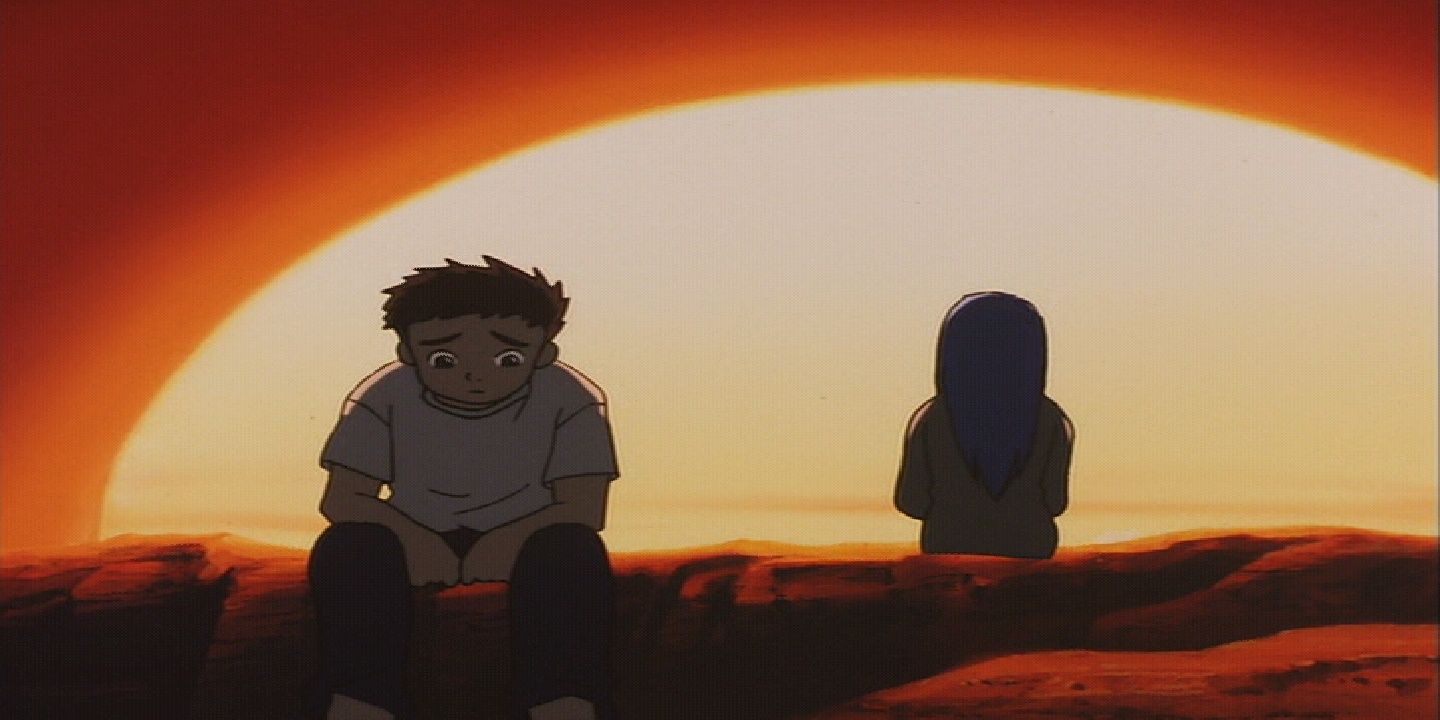
Long before isekai like Sword Art Online popularized the genre of some kid being transported to another world, Now and Then, Here and Now had already violently deconstructed the genre. Shu -- the central character -- is transported to an overly militarized, post-apocalyptic world after trying to save a young girl from soldiers in mechs.
Shu ends up submerged in a nightmarish world of child soldiers, village raids and violent actions that force him to question how far a person can go before they commit too many sins to be forgiven. This bleak series highlights how being transported into another world might be hell if where you end up is entirely unstable. The anime's screenwriter, Hideyuki Kurata, would demonstrate his ability to create horrific fantasy worlds when he helped adapt the Goblin Slayer and Hellsing Ultimate anime.
Of course, the isekai genre during the 90s was a very different genre than modern isekai. Stories like Fushigi Yugi, Magic Knight Rayearth, The Visions of Escaflowne and The Twelve Kingdoms were far less formulaic. The worlds didn't feature overt video game logic, nor did Truck-kun -- anime's greatest serial killer -- seek and destroy kids. Despite that, Now and Then, Here and Now strangely works as a deconstruction of even modern isekai. Rather than a hero becoming the greatest person in their world to save the day, they're put in a blunt, cruel setting.
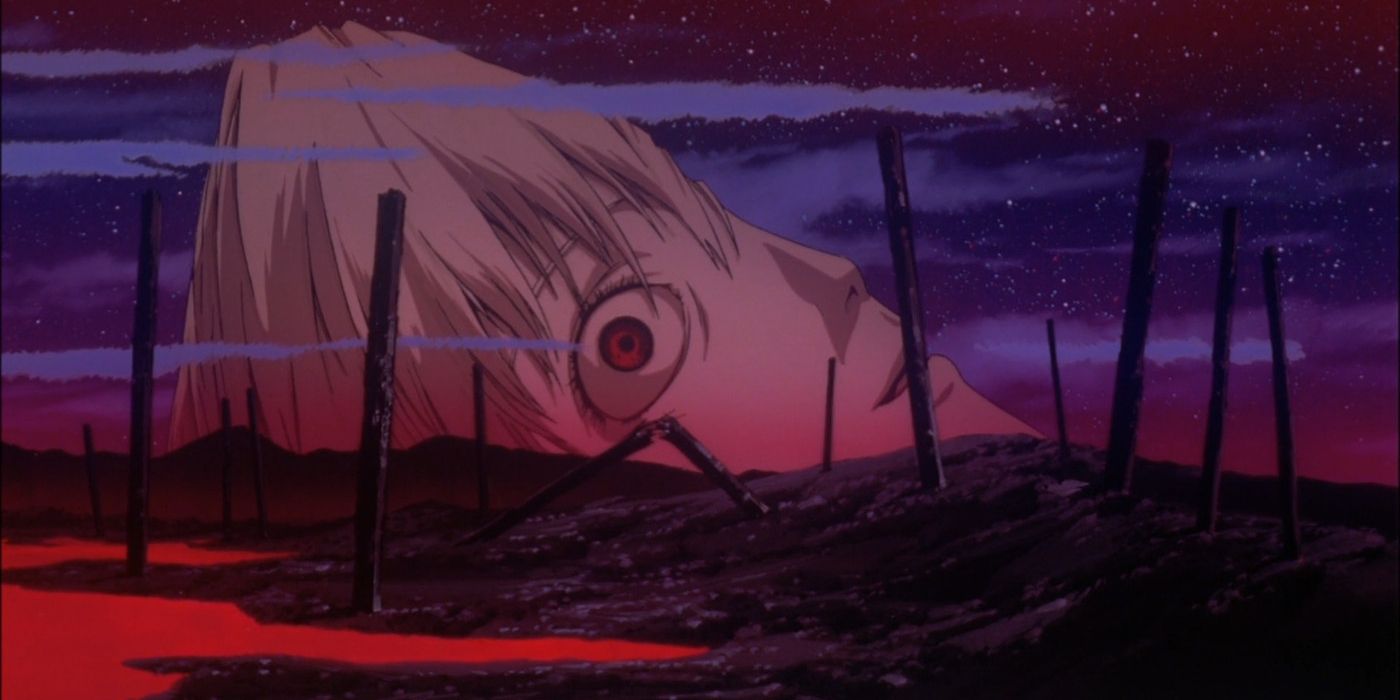
When people discuss anime deconstructions, the conversation will eventually turn to Neon Genesis Evangelion. This is for a good reason as it's a deconstruction anime in a genre that often is deconstructed: the mecha genre. Arguably, anime like Mobile Suit Gundam deconstructed the Super Robot genre of Mazinger Z before it by taking an inherently fantastic concept and playing it painfully straight with realistic military weaponry. However, Evangelion took all of the tropes of the mecha genre and turned the scale to ridiculous lengths.
When monsters known as Angels attack Tokyo, a secret paramilitary organization known as NERV reveals their anti-Angels weaponry: the Evangelion. The problem is only emotionally unstable children can pilot the Evangelions, which is why everyone wants Shinji Ikari to get in that robot and fight monsters. The show's plot becomes more complicated as the audience learns more about why the Angels and NERV are the way they are and the inner workings of the cast's personalities and psychology.
Many people argue that Evangelion works because of all the flashy imagery and psychedelic moments. However, the core of the show's success is its characters. Every character appears at first like a typical stock character in anime. You have the reluctant hero Shinji, the bubbly fan service heroine Misato, the hot-head ace pilot Asuka, etc. However, as the show progresses, we come to understand what makes the characters tick, resulting in a voyeuristic perspective on trauma. It's no wonder the show is as popular as it came to be.
0 Comments